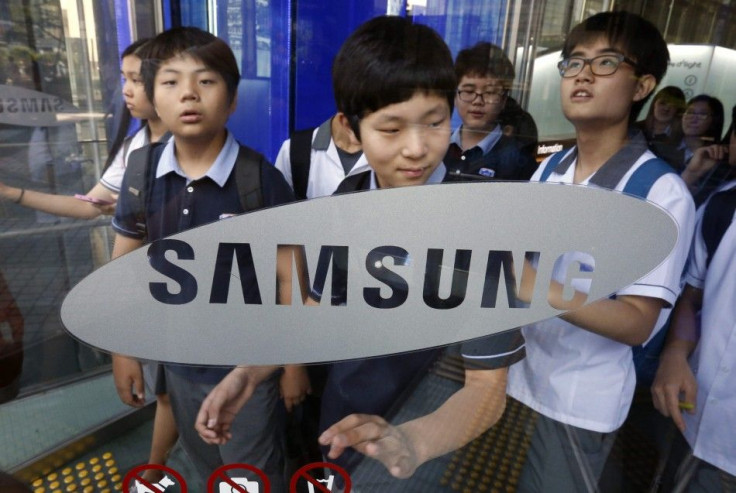Samsung's Profits Decline

Samsung Electronics reveals its operating profit is expected to drop 25 per cent in the April to June months, the lowest in the last 2 years. This drop in profits is attributed to a slowdown in the smartphone market and a strong Korean currency. The company's quarterly sales also declined by 10 per cent.
The company is incurring a decline in its profits due to a huge competition with Chinese brands that are aiming at low-priced yet feature-heavy handsets. According to Nasdaq, manufacturers such as Huawei Technologies Co Ltd., Xiaomi Corp. and Lenovo Group Ltd are improving their product quality. However, Samsung continues to hold the largest market share for smartphones followed by US rival Apple Inc.
According to a market research by Thomson Reuters, 38 analysts have the consensus estimate that Samsung's operating profit will reach 8.3 trillion won in the second quarter. However, the company estimates its operating profit to be 7.2 trillion won.
Samsung, which is the largest technology firm in terms of revenue, also estimates its quarterly sales to decrease 9.5 percent. This means Samsung's second quarter sales estimate is at 52.0 trillion won, below last year's sales of 57.46 trillion won.
Samsung says that with the release of its new smartphone lineup in the coming months, it is confident of a more positive response from the market in the third quarter. Further, Samsung says sales of its smartphones will be stronger along with a rise in demand for its memory chip business.
However, analysts think third quarter profit will decline, too, as Apple is expected to launch the successor to its iPhone 5 to compete against Samsung's flagship smartphones.
According to BBC, Samsung's growth in recent years has been powered mainly by its mobile phone division, especially its Galaxy range of smartphones. Nevertheless, this business has also come under pressure, as competition in the sector has increased. Manufacturers are attracting consumers by cutting the costs of their devices immensely.
Ajay Sunder, a vice president specialising in the telecoms sector with consulting firm Frost & Sullivan, believes Samsung is over-dependent on its mobile phone division, according to BBC. Sunder adds that the company should look at boosting its presence in other sectors if it wants to sustain high growth rates.






